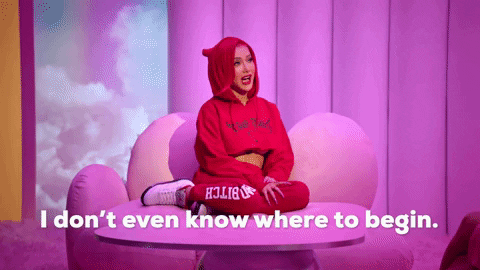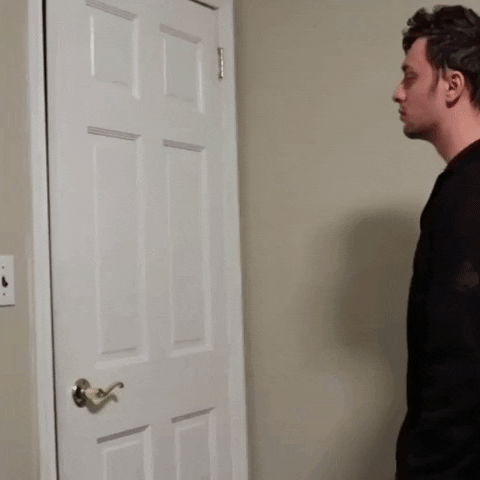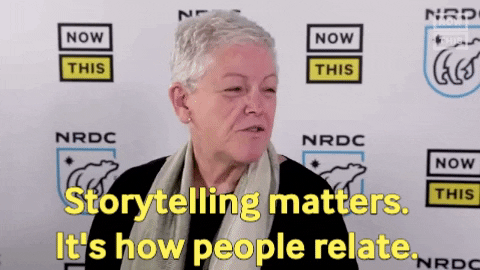If you care about climate change, you probably want to talk to people about it.
But even if you're ready to talk about it, it’s not so easy.

We don’t have easily-accessible language to talk about the problem, scale, or solutions — it’s too technological or scientific.
We aren’t experts. What if someone asks you to explain the International Panel on Climate Change reports? It's not like you suddenly have time to get an engineering or atmospheric science degree!

We don’t want to be the “Debbie Downer” at the party. We don’t know how to talk about the positive things and focus on the really terrible news.
There's a lot of polarization around climate change. We don’t want to break rank with our friends and family who may not care, may be skeptical about solutions to climate change, or may even be climate change deniers.
Despite these challenges, you CAN talk about climate change!
There are some clear, proven ways that everyone — from climate scientists to people like you who care but don’t know where to start — can motivate the people we know towards action.
YOU are the best messenger on climate change!

Though it seems counterintuitive, research shows that WHO delivers information about climate change is as important and sometimes more important than WHAT they say.
People are more likely to listen to others who are like themselves, either in looks, background, age, worldview, or life experience — people trust people who share their world views.
That means that you're the best person to speak to someone who shares your values, life experience, or background, even if you don’t feel like you know everything.
We're all hardwired to be able to frame things in ways that “our people” understand. Plus, they're less likely to feel judged or threatened by you because they know you care about them.
You Can Also Get In Your Own Way

You have the potential to be a great climate change communicator, but two things from your personal life can potentially derail your communication efforts, and they're at opposite ends of the spectrum:
Don’t expect perfection from yourself. You don’t have to be an expert and you don’t have to live the “perfect” carbon-neutral lifestyle to talk about climate. Remember, this is a system-wide problem.
Don’t let your feelings of anxiety get the best of you. Yes, it feels like the sky is falling but what most people need to hear about is the solutions — you can help them have hope.
Expect Pushback

People you speak with about climate change may argue that you have no right to talk about climate change if you don’t live a perfect, climate-neutral life. Some studies show that if the speaker or researcher has a large carbon footprint, their credibility is greatly reduced.
These are good opportunities to highlight that no one individual is to blame — we can all do our part and more importantly, push for solutions that are beneficial to the things we care about and the climate.
Subscribe for more quick bites of learning delivered to your inbox.
Unsubscribe anytime. No spam. 🙂
Questions To Ask Yourself

Ask yourself these questions as you prepare for your next climate change conversation:
What do you think is the biggest challenge facing communicators of the climate crisis?
When talking about climate change with friends and family, what have you had the hardest time describing?
What has produced the most engagement and interest?
What has turned them off the most?
Take Action

Tell your climate change story!
Framing climate change as important to you personally allows you to speak from the heart, tell your own story, and relay your own experiences.
Write your personal climate change narrative.
Why is action on climate change important to you? Why do you care?
Consider some of the questions below in your story:
Click the links below for more Climate Communications Bytes!
Byte 1: 7 things people get wrong about climate change
Byte 2: 6 myths we need to confront if we want a clean energy future
Byte 3: Why we need a new approach to climate change conversations
Byte 4: Why aren't people more worried about climate change?
Byte 5: Can I talk to people about climate change even if I'm not an expert?
Byte 6: 5 things to consider before you start a conversation about climate change
Byte 7: 6 ways to have better conversations about climate change
Byte 8: What is the climate change “spectrum of engagement”?
Byte 9: How will the "messaging triangle" help me talk to people about climate change?

These Bytes were created with the assistance of Generation Climate.

Your feedback matters to us.
This Byte helped me better understand the topic.
